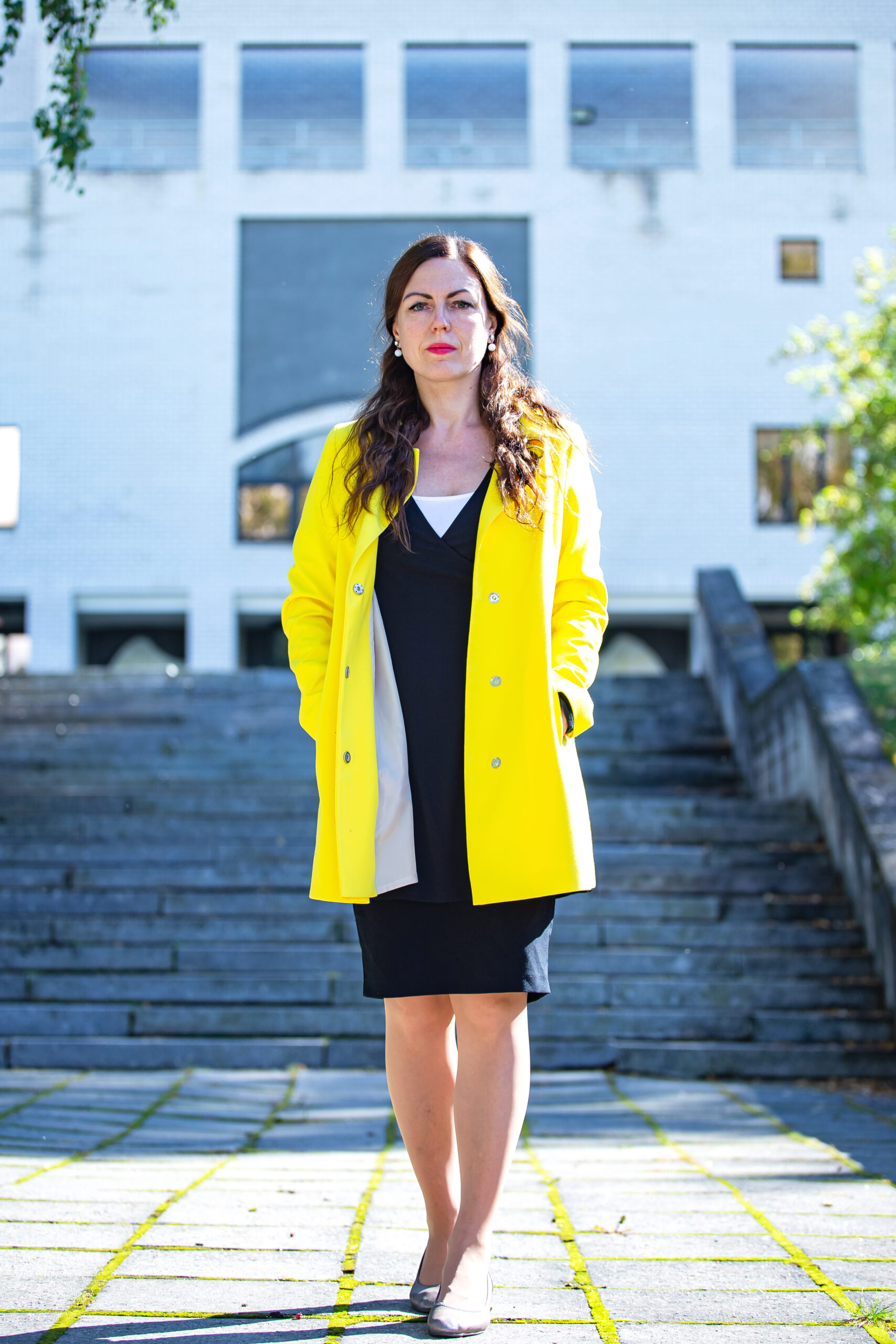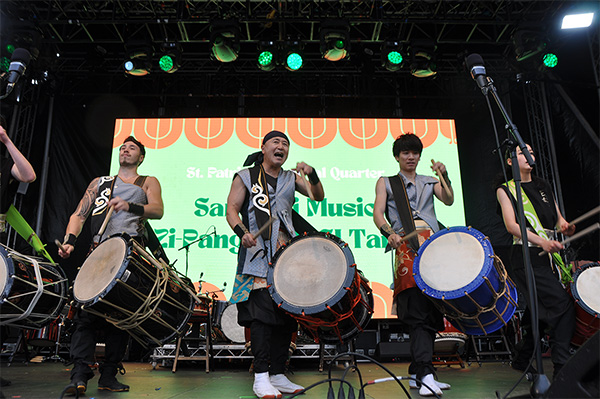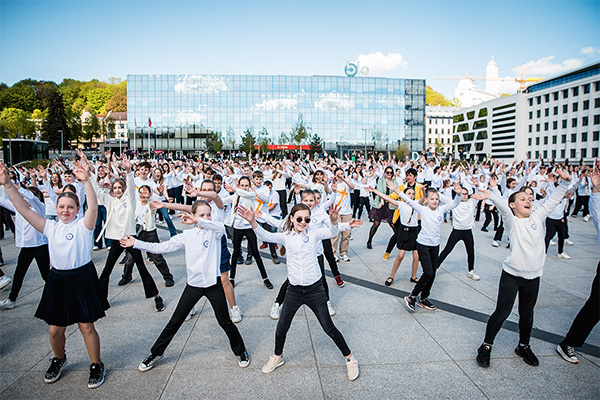Column
ColumnShunichiro Kamiya ensemble performed extract from ‘Ziqqurat!’ in Põlva!
Shunichiro Kamiya and Japanese taiko ensemble perform extract from ‘Ziqqurat!’ in Põlva! Held in the south-eastern corner of Estonia, this concert closed out the “Celebration of the Heavenly Grounds” festival, which formed part of the main programme of Tartu’s year as European Capital of Culture. That title helps to bring world-class performers and cultural richness from around the world not just to the cities serving as cultural capitals, but to small towns and rural areas as well.
Tartu, which is known as Estonia’s university city, holds the title of European Capital of Culture for 2024 and has gotten the whole of Southern Estonia involved in its year-long celebrations. This has created a rare opportunity for smaller places outside of the city to be part of something bigger.
One such place which has shone particularly brightly in the light of the European Capital of Culture is the small town of Põlva: over two weeks, from 16-25 August, the Celebration of the Heavenly Grounds festival enriched the cultural life of the town with a series of exhibitions, concerts and so on.
The main organiser was Põlva Cultural Centre, which worked with Eastern Music FestivalOrient. Orient helped to bring some very special and indeed exclusive performers to Põlva, including a taiko ensemble from Japan. The extraordinary taiko ensemble took to the Põlva Forest Stage led by performer Shunichiro Kamiya. The group, who were invited especially for the festival, presented an excerpt from ‘Ziqqurat’. Their performance earned a 10-minute standing ovation from the audience, who clamoured for an encore.
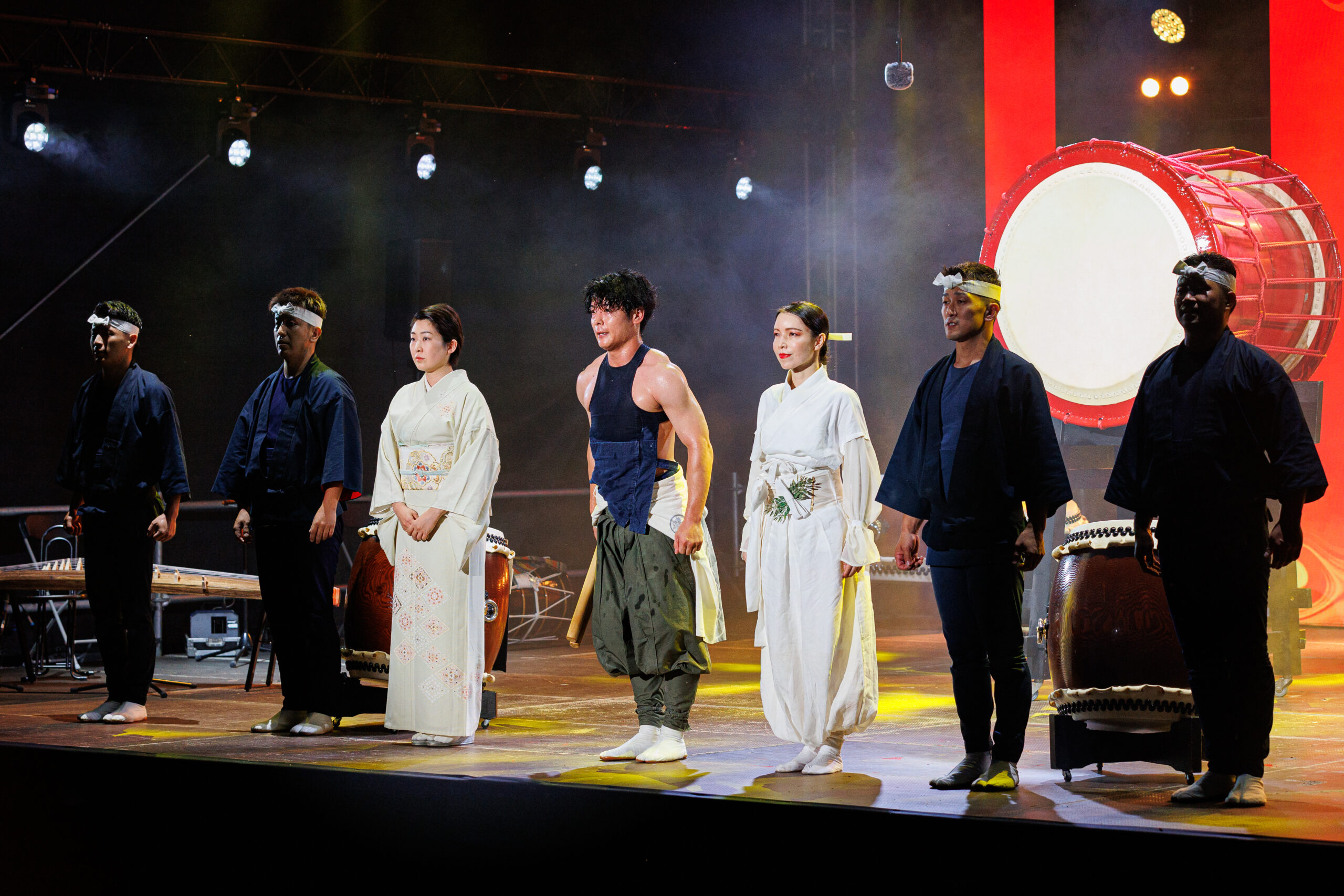
Tiina Jokinen, partners to the festival and director of the Orient Festival, said Orient Festival was honoured with a literally Big Bang for its closing concert at Põlva Forest Stage on August 25th. The Big Bang that in itself contained a whole universe was delivered by an extraordinary and brilliant taiko group from Japan – Shunichiro Kamiya ensemble. It is well known that Kodograduates like Shunichiro have mastered Japanese traditional percussion skills incomparable to any others in the world, but some artists still excel more than and above the others. One can easily say that Shunichiro as an artistic director is a phenomenon in himself. The performance Ziqqurat that he has created following the best taiko traditions to the dot, is despite its deep roots aspiring to be an independent and free spirit floating in the global culture space: the idea coming from the Biblical content and sprouting from the Middle Eastern lore formulated by the precise strokes of Japanese taiko art and traditional, yet modern, dance has crossed many conventional borders. The young ensemble leader has definitely found his very own artistic expression and has boldly fine-tuned it into a mature theatrical show, at the same time not losing the performers’ youthful spark.
As European Capital of Culture, Tartu 2024 has “Arts of Survival” for its slogan and main topic, the whole idea of presenting the story of Ziqqurat in the form of Japanese taiko performance fits perfectly into the picture. What more can symbolize arts of survival than mankind’s miraculous continuous existence in spite of all obstacles created by even the Almighty himself. The lighting and stage design worked well together with the artists in order to enhance the meaning of the philosophical content in the show.
The mere fact in itself that a taiko ensemble undertakes to delve into such a culturally faraway theme, is remarkable in itself, but the high artistic quality and professionalism as well as musical precision of the ensemble makes it ever the more extraordinary.
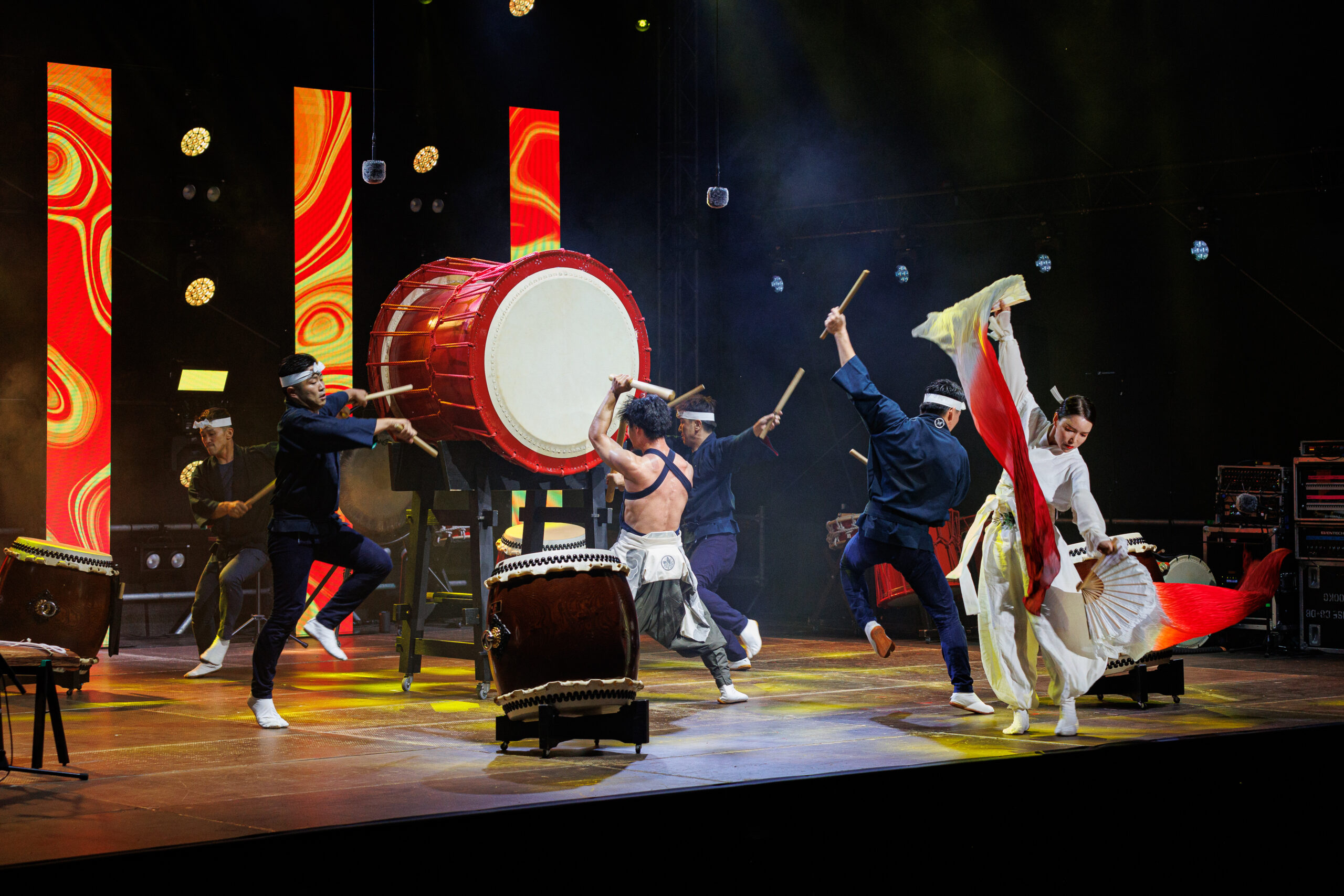
The forest environment where the show was performed added to its beauty, at the same posing extra challenge. To stage a perfect performance at a theatre venue is one thing, a totally different situation is adapting such a thorough composed work into wild nature and make both benefit from each other. The ensemble was amazingly flexible in utilizing its natural surroundings that they encountered for the first time: anything from withstanding the dense mosquito hordes to making most of the twilight turning into complete darkness.
The ensemble’s ability to involve the audience up to the point where no one had eyes for anything else than the action going on at the stage is truly laudable. After all, it does not happen too often that Estonian audience expresses their gratitude with standing ovations that last nearly ten minutes. From the position of the festival organizer, I cannot but join the audience hereby.
In Ziqqurat show, however, one more detail should be brought out – that is the role of the dancer Oriha Kato. Oriha is definitely very Japanese in her style, but at the same time surprisingly cosmopolitan and contemporary without being exaggeratedly modern and avant-garde. Her movements display physical strength, acrobatic skill and high-class professionalism, but in addition, she shows her deep understanding of the content as well as musicality. The way she adapted her part into the uncustomary environment serves as an example of a very great artistic mind who at the same time is open to anything new and unexpected.
All in all, Shunichiro Kamiya taiko group and Ziqqurat was definitely one of the highlights of the European Capital of Culture Tartu 2024 and I am really excited to follow their career and productions in the future – be it in Japan or possibly again at our own Orient Festival.

